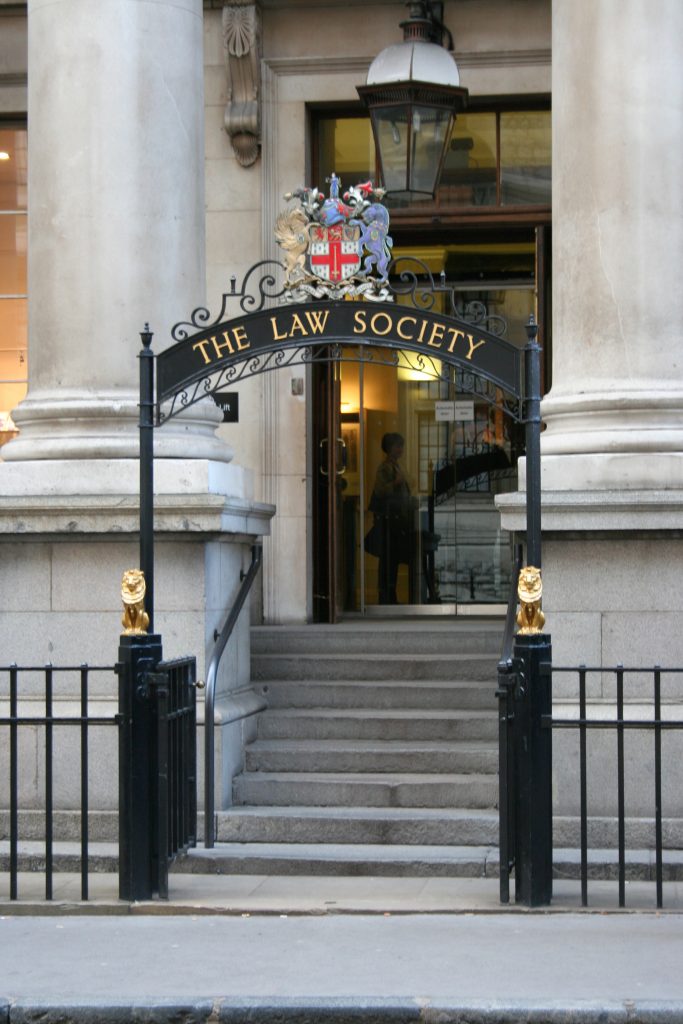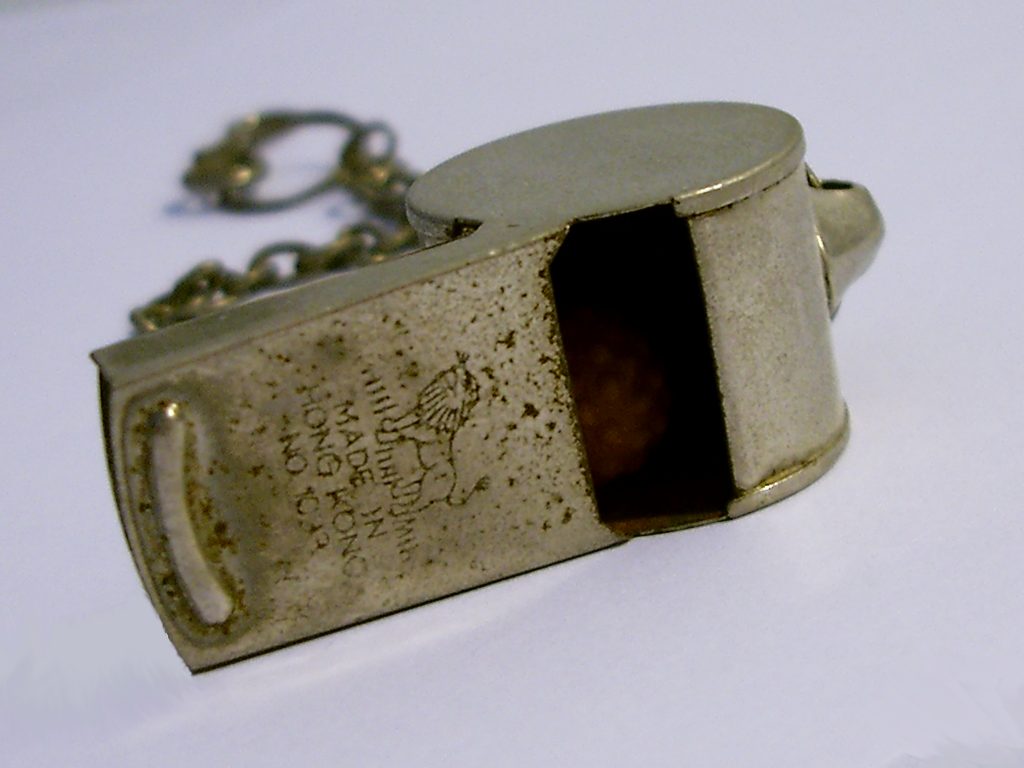 Securing a loan with collateral might seem like a simple and everyday task, but even the smallest of mistakes in the process can carry severe consequences. Brent Kovach (Mr. Kovach), a shareholder in a few New Orleans French Quarter hotels, experienced the repercussions of a simple oversight when one paragraph in his collateral assignment nearly offset his entire life insurance policy. The following case delves into just how critical hiring an excellent attorney might be when interpreting seemingly straightforward contracts and when those contract disputes turn to a lawsuit.
Securing a loan with collateral might seem like a simple and everyday task, but even the smallest of mistakes in the process can carry severe consequences. Brent Kovach (Mr. Kovach), a shareholder in a few New Orleans French Quarter hotels, experienced the repercussions of a simple oversight when one paragraph in his collateral assignment nearly offset his entire life insurance policy. The following case delves into just how critical hiring an excellent attorney might be when interpreting seemingly straightforward contracts and when those contract disputes turn to a lawsuit.
Mr. Kovach was a shareholder of St. Peter Inc.’s Hotel and a member of A Creole House, LLC, which managed a French Quarter hotel. In the wake of Hurricane Katrina, these hotels required refinancing and in order to secure the necessary loans, Mr. Kovach personally guaranteed them with his life insurance policy as collateral. Mr. Kovach and his wife, Ellen Kovach (Mrs. Kovach), acquired the one million dollar life insurance policy on Mr. Kovach in 1995 from New England Mutual Life Insurance Company.
After receiving the refinancing, the hotels failed to make loan payments and in May 2010 the bank requested a cash surrender of the value of the policy from New England Mutual Life Insurance Company. The life insurance company paid the value of the policy, $52,316.33, to the bank based upon the terms of the assignment and canceled Mr. Kovach’s life insurance plan without any notification to him.
 Louisiana Personal Injury Lawyer Blog
Louisiana Personal Injury Lawyer Blog


 In litigating claims, parties (particularly the attorneys) must exercise diligence. This means being timely when it comes to gathering evidence, complying with a court order, or filing a pleading, motion, appeal etc. In its
In litigating claims, parties (particularly the attorneys) must exercise diligence. This means being timely when it comes to gathering evidence, complying with a court order, or filing a pleading, motion, appeal etc. In its  Even if a property is zoned for commercial purposes, a city may discretionarily deny a business from buying and developing that property if the city determines it is against the public interest. The city of Shreveport, Louisiana was challenged when they denied a Dollar General’s site plan to develop a commercially zoned, “use by right” 1.13-acre lot. While Dollar General’s developer, GBT Realty Corporation, petitioned the trial and appellate courts for damages resulting from loss of a business opportunity, the courts ruled that the city was immune from tort liability when a city exercises its discretion in the use of its commercially zoned properties.
Even if a property is zoned for commercial purposes, a city may discretionarily deny a business from buying and developing that property if the city determines it is against the public interest. The city of Shreveport, Louisiana was challenged when they denied a Dollar General’s site plan to develop a commercially zoned, “use by right” 1.13-acre lot. While Dollar General’s developer, GBT Realty Corporation, petitioned the trial and appellate courts for damages resulting from loss of a business opportunity, the courts ruled that the city was immune from tort liability when a city exercises its discretion in the use of its commercially zoned properties.  In joint real estate ventures, all partners are presumed to be equal unless agreed otherwise. All parties should have equal decision-making power, share equally in gains and losses, and possess equal interests in the subject property. Cooperation among the partners is essential to the success of the venture. Each person must enter into the transaction with an open mind towards other partner’s ideas and business tactics. However, when one person uses the other partners for his own personal gain, litigation usually follows. This was the unfortunate situation in the following case.
In joint real estate ventures, all partners are presumed to be equal unless agreed otherwise. All parties should have equal decision-making power, share equally in gains and losses, and possess equal interests in the subject property. Cooperation among the partners is essential to the success of the venture. Each person must enter into the transaction with an open mind towards other partner’s ideas and business tactics. However, when one person uses the other partners for his own personal gain, litigation usually follows. This was the unfortunate situation in the following case. Louisiana law strongly encourages arbitration as a method of resolving disputes. Arbitration is a form of alternative dispute resolution whereby parties agree to be bound by the decision of neutral third parties. Arbitration promotes efficiency in dispute resolution because it attempts to resolve disputes before court involvement becomes necessary. It prevents courts from becoming backlogged with excessive caseloads. While arbitration promotes court efficiency, it can be a burdensome roadblock to certain litigants seeking recovery. A recent Louisiana case is illustrative.
Louisiana law strongly encourages arbitration as a method of resolving disputes. Arbitration is a form of alternative dispute resolution whereby parties agree to be bound by the decision of neutral third parties. Arbitration promotes efficiency in dispute resolution because it attempts to resolve disputes before court involvement becomes necessary. It prevents courts from becoming backlogged with excessive caseloads. While arbitration promotes court efficiency, it can be a burdensome roadblock to certain litigants seeking recovery. A recent Louisiana case is illustrative. The State of Louisiana has laws in place to protect whistleblowers with legitimate claims. These laws are critical to protecting workers and promoting healthy corporate self-governance. In Louisiana,
The State of Louisiana has laws in place to protect whistleblowers with legitimate claims. These laws are critical to protecting workers and promoting healthy corporate self-governance. In Louisiana,  Getting a judgment in your favor can often feel like a big win in court. After a judgment has been declared by the court many people believe the losing side simply gets out their checkbook and pays what they owe. While this may happen in some cases, many times after getting a judgment a person must fight an uphill battle to collect on that judgment. This is exactly what happened when a Louisiana company, Monster Rentals, obtained a default judgment against Coonass Construction of Arcadia (CCA).
Getting a judgment in your favor can often feel like a big win in court. After a judgment has been declared by the court many people believe the losing side simply gets out their checkbook and pays what they owe. While this may happen in some cases, many times after getting a judgment a person must fight an uphill battle to collect on that judgment. This is exactly what happened when a Louisiana company, Monster Rentals, obtained a default judgment against Coonass Construction of Arcadia (CCA).  In a lawsuit, a client’s claims need to be monitored every step of the way. If an issue is revived in an appeal, an attorney must keep track of it and reinforce it at each new representation. If an attorney doesn’t continue to assert a claim, a court might think the party abandoned the issue and the court will not review it on appeal. Keeping these claims alive is not a major undertaking, but as Glenn E. Alphonse, Jr. learned in his recent case, even the slightest misstep in this area can make or break an outcome.
In a lawsuit, a client’s claims need to be monitored every step of the way. If an issue is revived in an appeal, an attorney must keep track of it and reinforce it at each new representation. If an attorney doesn’t continue to assert a claim, a court might think the party abandoned the issue and the court will not review it on appeal. Keeping these claims alive is not a major undertaking, but as Glenn E. Alphonse, Jr. learned in his recent case, even the slightest misstep in this area can make or break an outcome.  We enter into contracts all the time without putting the agreement in writing; we form contracts when we buy a cup of coffee, when we shop online, etc. Some types of contracts, however, are required by law to be in writing. Kevin and Monica Schmidt (the Schmidts) learned this the hard way when they could not enforce an oral agreement to frack oil wells in Beauregard Parish.
We enter into contracts all the time without putting the agreement in writing; we form contracts when we buy a cup of coffee, when we shop online, etc. Some types of contracts, however, are required by law to be in writing. Kevin and Monica Schmidt (the Schmidts) learned this the hard way when they could not enforce an oral agreement to frack oil wells in Beauregard Parish. Sometimes even the best-planned of deals amongst parties may fall through. Parties often turn to the courts to resolve contractual disputes. When a court is interpreting a contract between two parties, it is often as simple as applying the “four corners” rule. I.e. it will not look at anything outside the four corners of the contract. This particular method of interpretation is useful (and under Louisiana law mandatory) where a contract is written clearly and is not ambiguous. In a recent case, the Louisiana Fourth Circuit Court of Appeal upheld this method of interpretation when faced with a contract dispute out of Orleans Parish.
Sometimes even the best-planned of deals amongst parties may fall through. Parties often turn to the courts to resolve contractual disputes. When a court is interpreting a contract between two parties, it is often as simple as applying the “four corners” rule. I.e. it will not look at anything outside the four corners of the contract. This particular method of interpretation is useful (and under Louisiana law mandatory) where a contract is written clearly and is not ambiguous. In a recent case, the Louisiana Fourth Circuit Court of Appeal upheld this method of interpretation when faced with a contract dispute out of Orleans Parish.